Employment-Based Health Insurance Fails America
If you haven't gotten much of a raise lately, it's probably because the extra money that might have been put in your paycheck instead went to your health insurer if you are enrolled in an employer-sponsored plan.
Many Americans haven't seen a pay increase of any kind because their employers can't both increase their wages and continue offering decent health care coverage. It has become an either-or for people like Zeke Zalaski, a factory worker in Bristol, Connecticut, who hasn't had a raise in years.

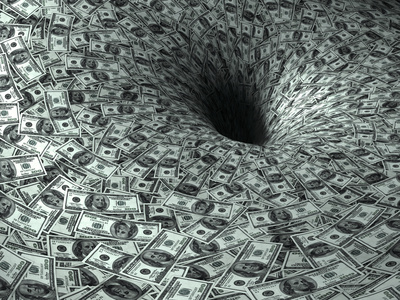 Ever wonder what happens to the premiums you pay for your health insurance?
Ever wonder what happens to the premiums you pay for your health insurance?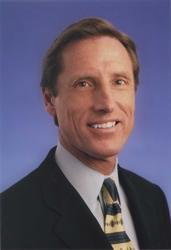 As the head of communications for two of the country's largest health insurers for almost 20 years, I recognize an orchestrated spin campaign when I see one. And boy, oh boy, did I see an award-winning one this week in San Francisco.
As the head of communications for two of the country's largest health insurers for almost 20 years, I recognize an orchestrated spin campaign when I see one. And boy, oh boy, did I see an award-winning one this week in San Francisco.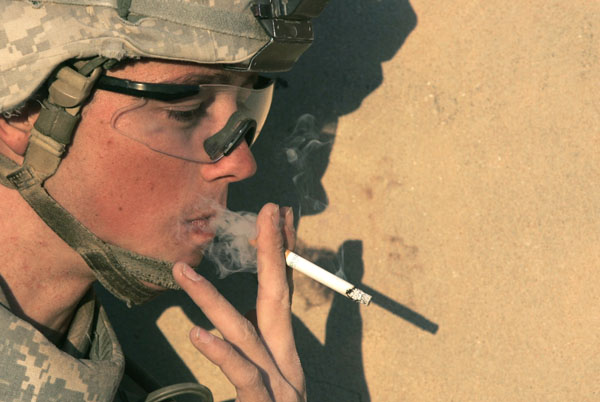 Under
Under 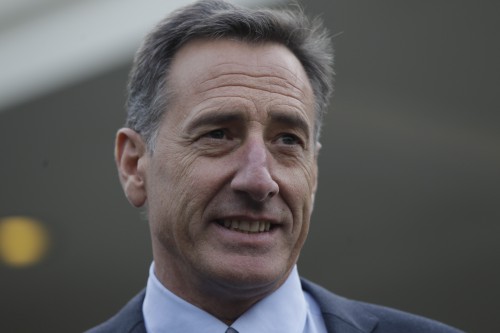 Of the many supporters of a
Of the many supporters of a  The reaction of health insurers to the Obama administration's requirement that they start justifying rate increases of 10 percent or more was quick and predictable: "Not fair!"
The reaction of health insurers to the Obama administration's requirement that they start justifying rate increases of 10 percent or more was quick and predictable: "Not fair!"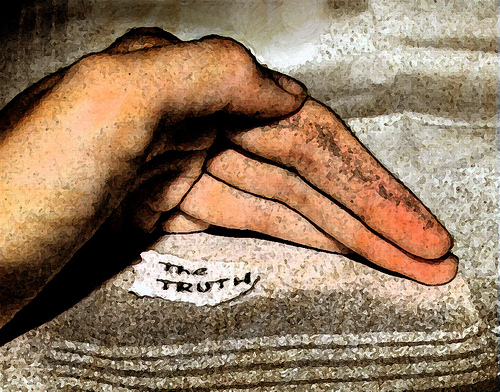 I turned 43 a couple of weeks after I joined
I turned 43 a couple of weeks after I joined